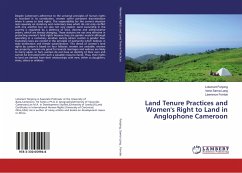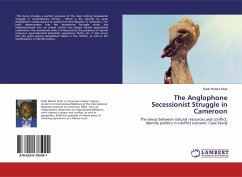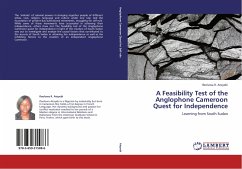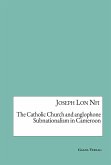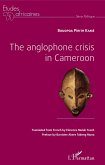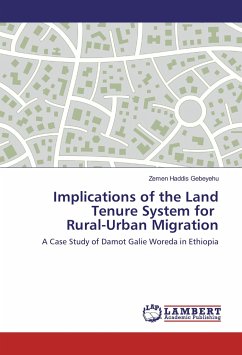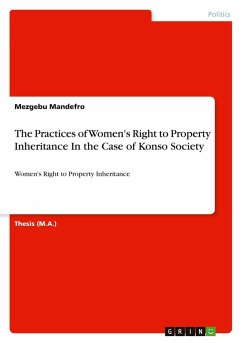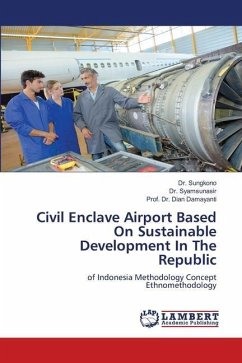Despite Cameroon's adherence to the universal principles of human rights as inscribed in its constitution, women suffer persistent discrimination when it comes to land rights. The responsibility for the current situation rests squarely on statutory and customary laws which do not only conflict with one another but are also not very explicit. Land ownership in the country is regulated by a plethora of laws, decrees and administrative orders, which are always changing. These statutes are not very effective in protecting women's land rights because they are gender neutral although operating in a customary sensitive society where custom is gender bias. Customary laws are rooted in the principle of patriarchy which believes in male domination and female subordination. This denial of women's land rights by custom is based on four fallacies: women are unstable; women are property; women are good for levirate marriages and widows are likely to marry again. In fact, women do not have an identity of their own and cannot be entrusted with such a valuable resource (land). Thus, their rights to land are derived from their relationships with men; either as daughters, wives, sisters or widows.
Bitte wählen Sie Ihr Anliegen aus.
Rechnungen
Retourenschein anfordern
Bestellstatus
Storno

